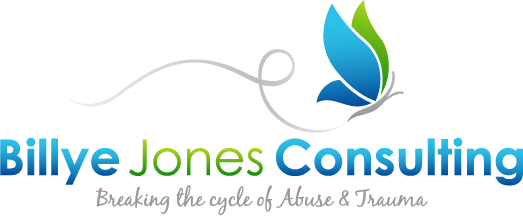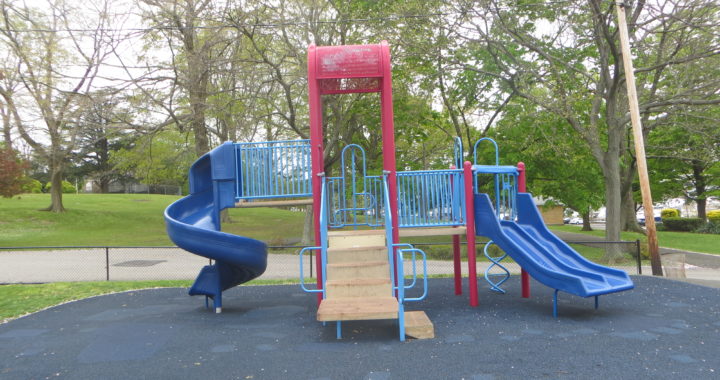One of the most significant challenges of ending Child Sexual Abuse is silence and shame keeps us from acknowledging the scope of the problem. We simply don’t want to acknowledge millions of children are abused every year. When pressed many will say we can keep children safe by strengthening the Criminal Justice system. The problem with this default response is only 2 percent of abusers go to jail for sexually abusing children.
After many years of doing this work, I have come to believe that we all play a role in contributing to Child Sexual Abuse. Our belief systems, thoughts and actions, make children vulnerable to abuse.
Many people react strongly to this statement, but I firmly believe it’s the truth. The way we socialize children around authority, and reinforcing the myth of “stranger danger,” we create a culture of silence and disempowerment of children.
One of the things we need to do is work together to change our attitudes and belief systems about sexual abuse. I know that sounds impossible, but it is doable. Think about how our attitudes have changed over time about smoking, seat belts, and car seats. I remember when as a child no one thought much about these issues, but now we would hesitate to get into a car and not buckle up or put our child in a car seat. These are real, concrete examples of social norms changing.
One of the goals of this blog is to ask questions about social norms and how these impact sexual abuse. It is my belief raising awareness about social norms is the way we can challenge ourselves to make changes that keep children safer. I am asking everyone to commit to making one change that will make children safer. For suggestions, please look at previous posts.


A powerful public education message must be transmitted to the general public, encouraging society to recognize that child sexual abuse is both everyone’s problem and responsibility. The goal of such public education efforts is to eliminate any tolerance for sexual abuse or confusion over what society condones as appropriate interactions between adults and children.